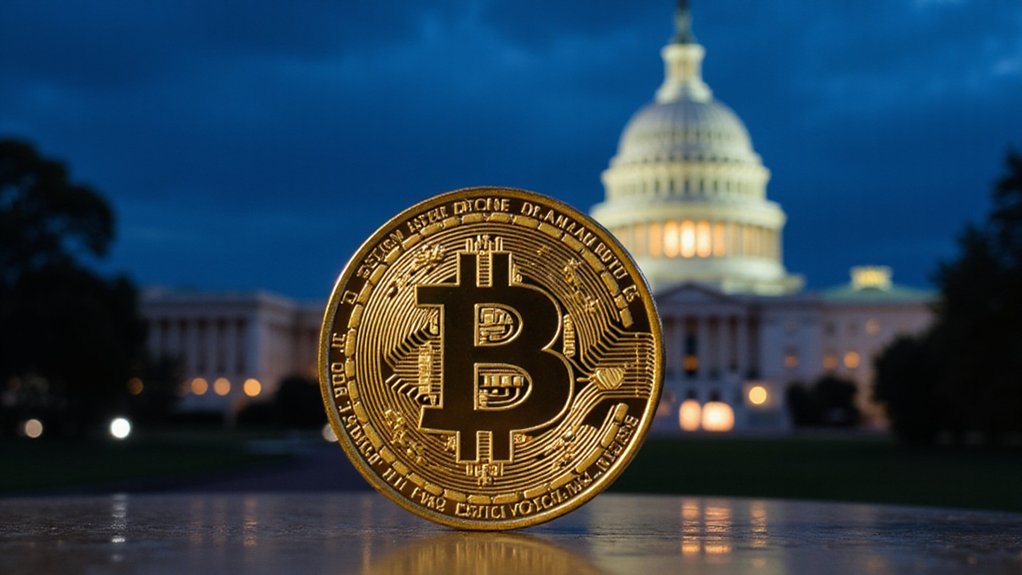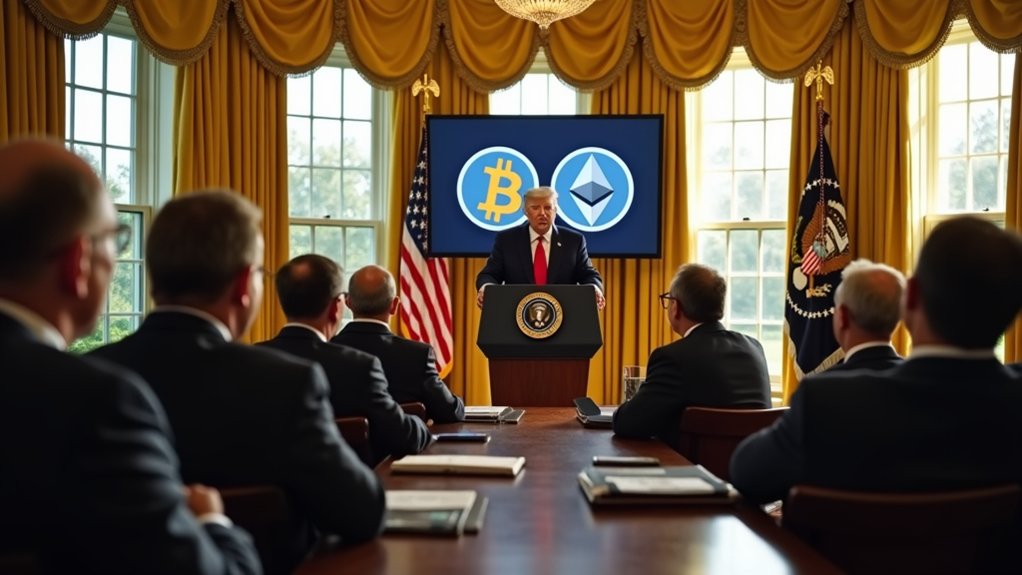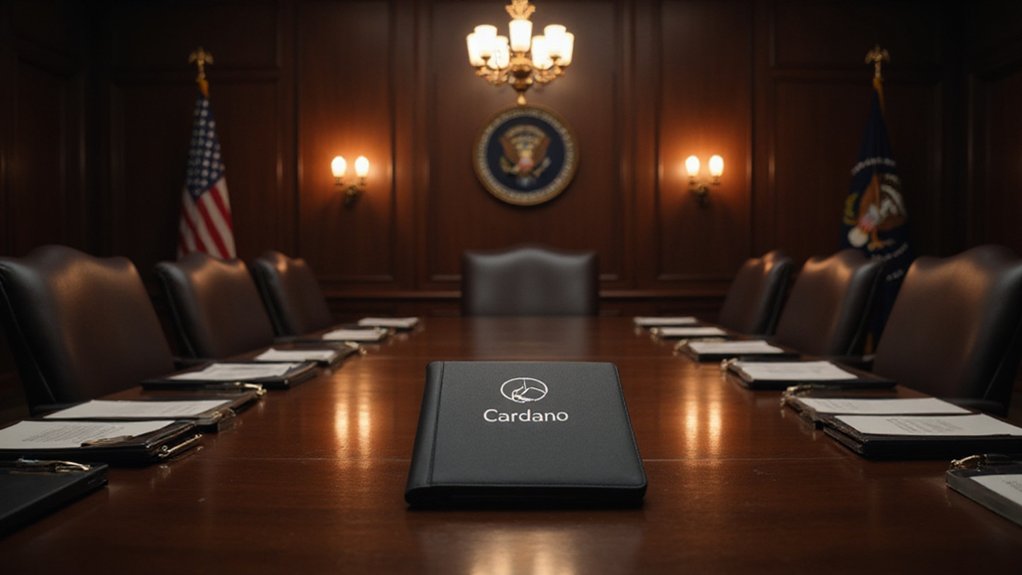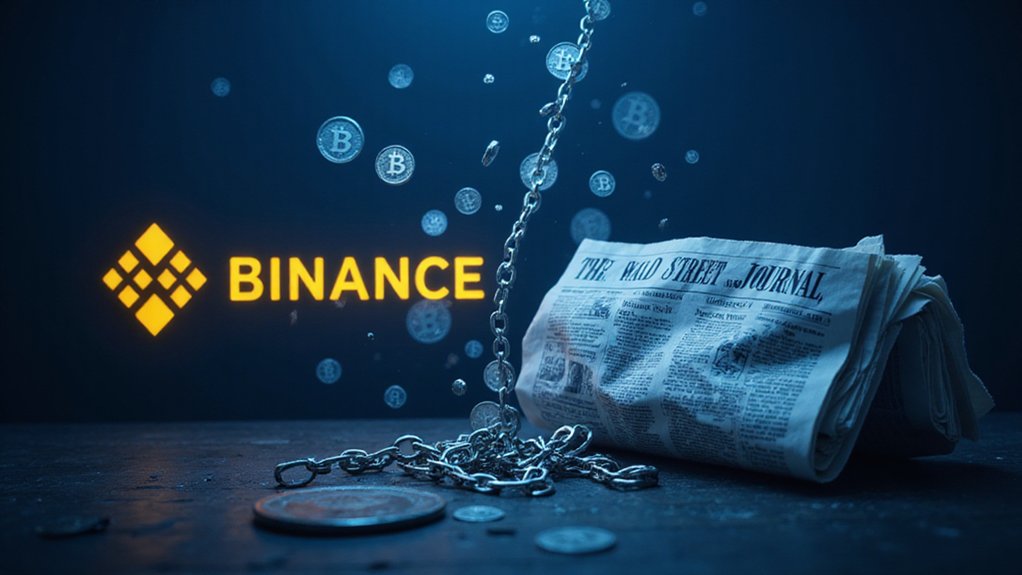Pavel Durov, the 40-year-old founder of messaging giant Telegram, has temporarily left France after securing a rare modification to his judicial supervision terms. The entrepreneur, with an estimated net worth of $15.5 billion according to Forbes, flew to Dubai on March 15, 2025, departing from Le Bourget airport near Paris where he was initially arrested last August.
The investigating judge granted Durov permission to leave France for “several weeks,” marking a significant shift in his case that has captured global attention. Since his August 2024 arrest, Durov had been released on €5 million ($5.6 million) bail with strict conditions preventing international travel. The self-described ascetic lifestyle promoter abstains from alcohol and coffee while advocating for internet confidentiality.
Durov faces serious accusations related to Telegram’s content moderation practices, specifically charges of failing to curb extremist content on the platform he founded in 2013. During his first substantive interrogation on December 6, Durov denied creating Telegram for criminal purposes while claiming cooperation with French authorities. The case represents the first instance of a major social media founder being arrested for content hosted on their platform, creating precedent in the evolving landscape of tech regulation.
French President Emmanuel Macron previously defended granting Durov French nationality, describing it as a strategic move for individuals who “shine in the world.” However, authorities confronted the tech executive with specific criminal cases facilitated through his platform, which now boasts over 900 million active users worldwide.
The case has triggered varied international responses, with Elon Musk supporting Durov through the #FreePavel hashtag, while the Kremlin warned against “political persecution.” The cryptocurrency Toncoin (TON), associated with Telegram, surged 17% following news of Durov’s departure to Dubai.
As proceedings continue, Durov has pledged to improve Telegram’s moderation systems and has already provided information on over 10,000 users to French authorities. The self-proclaimed libertarian, who holds Russian, French, and UAE passports, continues to champion online privacy while maneuvering his legal challenges.
This ongoing case highlights the fundamental tension between platform responsibility and free speech in the digital age, with potential ramifications for global tech governance.





